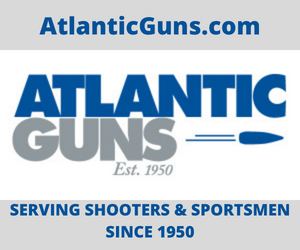JerseyMike
Active Member
So I just got into shooting for the first time in my life. Got a 3” Colt King Cobra for my first gun, I’ve been to the range twice and want to make sure my practice productive; right now I am terrible and want to change that! I can read articles and watch youtubes about the fundamentals (stance, grip, trigger control, breathing, sight picture, etc) but I want to make sure that I am actually executing/practicing these properly.
My goal is to just to achieve a very basic proficiency with my revolver and get the fundamentals down so my dry and live practice is actually helping me improve my skills, rather than developing bad habits.
I live in MoCo and the only range I’ve been to is Heritage in Frederick. Seems like a really nice place and they offer training. My question is, what should I look for in a training course? Should I take the NRA basic pistol shooting first? (8hours and $150 @ Heritage). Or am I better served doing private lessons?
The cost is a concern but not as much as the time. It is difficult for me to schedule an 8 hour class, but much easier to do 1-2hour lessons spread out over a few weeks.
Any suggestions for places to go to for this type of basic training in the MoCo/Frederick area? I might even be able to make the trek to the Baltimore area, (about 40min-1hour from my house), but that’s kind of a stretch.
My goal is to just to achieve a very basic proficiency with my revolver and get the fundamentals down so my dry and live practice is actually helping me improve my skills, rather than developing bad habits.
I live in MoCo and the only range I’ve been to is Heritage in Frederick. Seems like a really nice place and they offer training. My question is, what should I look for in a training course? Should I take the NRA basic pistol shooting first? (8hours and $150 @ Heritage). Or am I better served doing private lessons?
The cost is a concern but not as much as the time. It is difficult for me to schedule an 8 hour class, but much easier to do 1-2hour lessons spread out over a few weeks.
Any suggestions for places to go to for this type of basic training in the MoCo/Frederick area? I might even be able to make the trek to the Baltimore area, (about 40min-1hour from my house), but that’s kind of a stretch.

